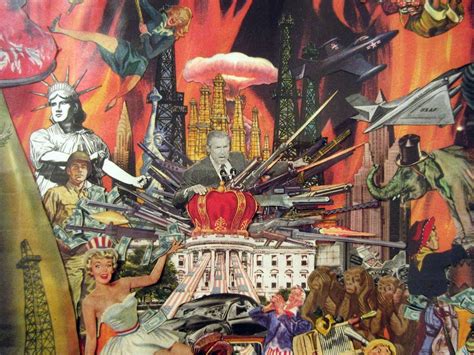A Quote by Woodrow Wilson
Death, like the quintessence of otherness, is for others.
Quote Topics
Related Quotes
I stood willingly and gladly in the characters of everything - other people, trees, clouds. And this is what I learned, that the world's otherness is antidote to confusion - that standing within this otherness - the beauty and the mystery of the world, out in the fields or deep inside books - can re-dignify the worst-stung heart.
Eroticism is first and foremost a thirst for otherness. And the supernatural is the supreme otherness. This is perhaps the most noble aim of poetry, to attach ourselves to the world around us, to turn desire into love, to embrace, finally what always evades us, what is beyond, but what is always there – the unspoken, the spirit, the soul.
If melodrama is the quintessence of drama, farce is the quintessence of theatre. Melodrama is written. A moving image of the worldis provided by a writer. Farce is acted. The writer's contribution seems not only absorbed but translated.... One cannot imagine melodrama being improvised. The improvised drama was pre-eminently farce.
Do not shorten the morning by getting up late, or waste it in unworthy occupations or in talk; look upon it as the quintessence of life, as to a certain extent sacred. Evening is like old age: we are languid, talkative, silly. Each day is a little life: every waking and rising a little birth, every fresh morning a little youth, every going to rest and sleep a little death.


































